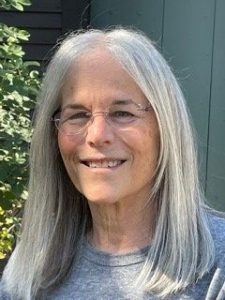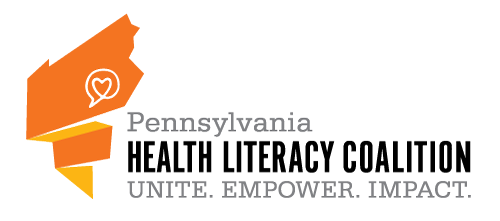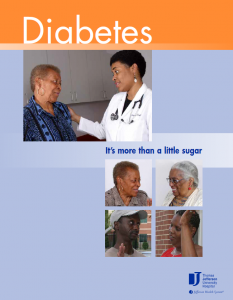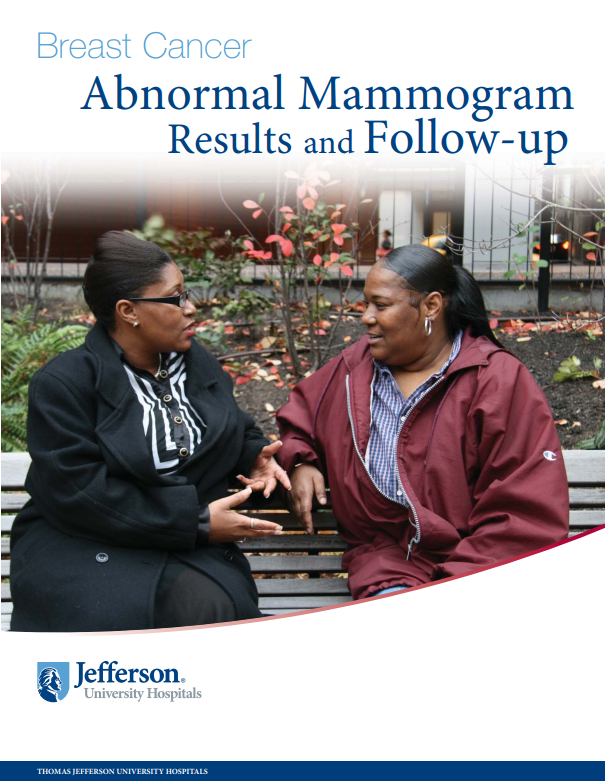Dr. Rickie Brawer has been intimately involved with the founding, development, and leadership of the Pennsylvania Health Literacy Coalition (PAHLC) since our inception in 2010. She is one of the original authors of the initial grant application to establish a regional health communication initiative focused in Southeastern Pennsylvania that has since flourished into our statewide health literacy coalition; which engages clinical and community partners to improve health communication practices at the individual and systems level. As a long time Steering Committee member for PAHLC, academic scholar, health literacy content expert and trainer, and community advocate, Dr. Brawer is a wonderful example of fully embracing what it means to be a health literacy hero.
Dr. Brawer plans to retire from her academic appointments at Thomas Jefferson University Health System in October 2021. After practicing public health in the Philadelphia region and the broader commonwealth for over two decades, we asked Dr. Brawer to reflect on her work as part of PAHLC, the future of health literacy, and her plans for retirement.

Rickie Brawer PhD, MPH, MCHES
Assistant Professor, Jefferson College of Population Health
Assistant Professor, Department of Family & Community Medicine, Sydney Kimmel Medical College
Vice President and Chief Community Engagement Officer, Thomas Jefferson University Hospitals
Co-Director, Center for Urban Health, Thomas Jefferson University Hospitals
How did you become interested in health literacy?
I first got involved with health literacy in the late 80’s after participating in a training session held by Health Promotion Council. My undergraduate degree is in education, primarily in physical education and health, and I have a minor in special education. I think my background working with children and individuals with intellectual and physical disabilities made me more sensitive to the fact that we have to make information more accessible.
What do you think will change about health literacy and or health education over the next five years?
There is going to be a much bigger focus on mobile technology, website design, and the digital divide. With more and more telehealth and online health education, it will be very important to avoid making assumptions about how accessible and health literate these new systems are. We will also see a greater need for people to teach others how to use new technologies.
What’s one thing you think is important for everyone to know about health literacy?
Health literacy is a social determinant of health. If we are not talking or writing in a way that people understand, then how do we think we are going to address things like health disparities?
Rickie Brawer, PhD, MPH, MCHES
What’s an obstacle to promoting health literacy you commonly face?
I would love people working in the health care fields to take health literacy seriously. If we promote health literacy as a social determinant of health like education level, food access, and socioeconomic status then people would take it more seriously. We need health care providers and leadership to understand how health literacy impacts health and health equity, and give it the attention it deserves.
Name an accomplishment related to your health literacy work that you are particularly proud of.
One accomplishment I am proud of would be receiving the grant from the Pennsylvania Department of Health that started PAHLC and helping to sustain it for as long as we have. I’m also very proud of developing a series of photonovels on diabetes, mammography and hospice care with the support and input of community advisory groups. I’ve always felt proud of these documents because we involved the community in the entire process, down to the word choice of each novel. One advisory group member stated “wow, I go to the doctor’s office and pick up things about diabetes and then put it down because I can’t read it. This is the first time I could read every single word.”
*You can find links to two of the three photonovels Dr .Brawer developed at the bottom of the page*
What are your days going to look like once you retire?
I don’t know what retirement is going to be like! My typical week at Jefferson is very busy and goes in many different directions. I’m looking forward to having fewer things to focus on and spending more time with my children and grandkids.
What have you found most valuable about working with HCIF?
The ability of HCIF staff to share their local and national knowledge, keeping partners motivated, and the strong relationships HCIF maintains with health systems and community-based organizations.
What’s something most people don’t know about you?
I played on the University of Connecticut’s first Women’s field hockey, and tennis teams. This was on the heels of colleges and universities offering more varsity sports for women as a result of the federal civil rights law Title IX.
We are so privileged to have worked with Dr. Brawer for the past 10 years and look forward to continuing to work with her as she retires from Thomas Jefferson University. Dr. Brawer will be keeping busy with various public health initiatives in the Southeastern Pennsylvania region, playing with her grandchildren, and getting back into her roots as an athlete. If you’d like to connect with Dr. Brawer, you can email her at Rickie.Brawer@jefferson.edu.
Follow the links below to view the photonovels developed by Dr. Brawer and the Community Advisory Group.


